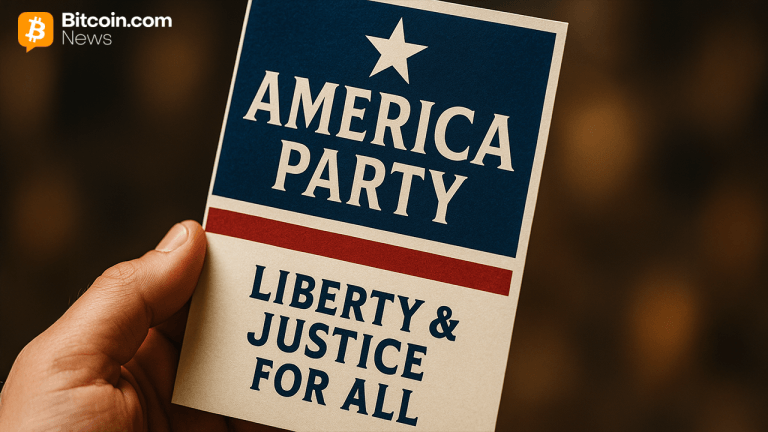PREPA parties argue validity of four deals
3 min read

Parties to the Puerto Rico Electric Power Authority bankruptcy are arguing the fairness of four deals and whether the participants’ votes for them should be disqualified.
On Monday afternoon the Puerto Rico Oversight Board asked U.S. District Court Judge Laura Taylor Swain to reject Syncora Guarantee’s and GoldenTree Asset Management’s request for the classes’ votes to be disqualified.
The board said its deal with the four groups hadn’t been reached in “bad faith,” as the bond parties claim.
Even if the court disqualified these votes, there was still enough support from impaired classes to make the matter moot, the board said.
The board offered some of the terms accepted by the four settling parties — Fuel Line Lenders, National Public Finance Guarantee, First Settling bondholders, and
The board said these four groups were offered the terms because “the creditors whose votes are at issue provided value that other, nonaccepting creditors such as movants did not.”
Just because the board made a different offer doesn’t make it a “bad faith” offer, the board told Swain.
Courts say designation of a vote is a “drastic remedy” and requires an “ulterior motive.” The cases cited by the bond parties involved “nondebtor insiders … that cut deals with the debtors’ creditors to obtain personal benefits for the nondebtors themselves,” the board said.
The bond parties didn’t offer any evidence of ulterior motive, only denouncing some deals as too generous, the board said.
In late February the bond parties said the board engaged in an “unprecedented vote-buying scheme.” The board offered
“Bad faith procurement has been found when certain creditors are given preferential treatment over similarly situated creditors,” the bond parties said. The U.S. bankruptcy code incorporated into the Puerto Rico Oversight, Management and Economic Stability Act bars this this bad faith.
As examples of the disparate treatment, the bond parties say
Congress cited case law on bad faith when it created PROMESA, said Puerto Rico Clearinghouse Principal Cate Long on the X platform. “The question is if the Oversight Board ‘act[ed] with sincere belief that the accomplishment intended is not unlawful or harmful to another’ when they cut deals with the classes which GoldenTree [and Syncora] seek to designate.
“From the outside, it appears that the Oversight Board cut those deals to have less recovery to apportion to bondholders who would not support the plan,” Long said. “Under the ‘good faith’ standard Congress specified be adopted, that would appear the Oversight Board acted in ‘bad faith.'”







